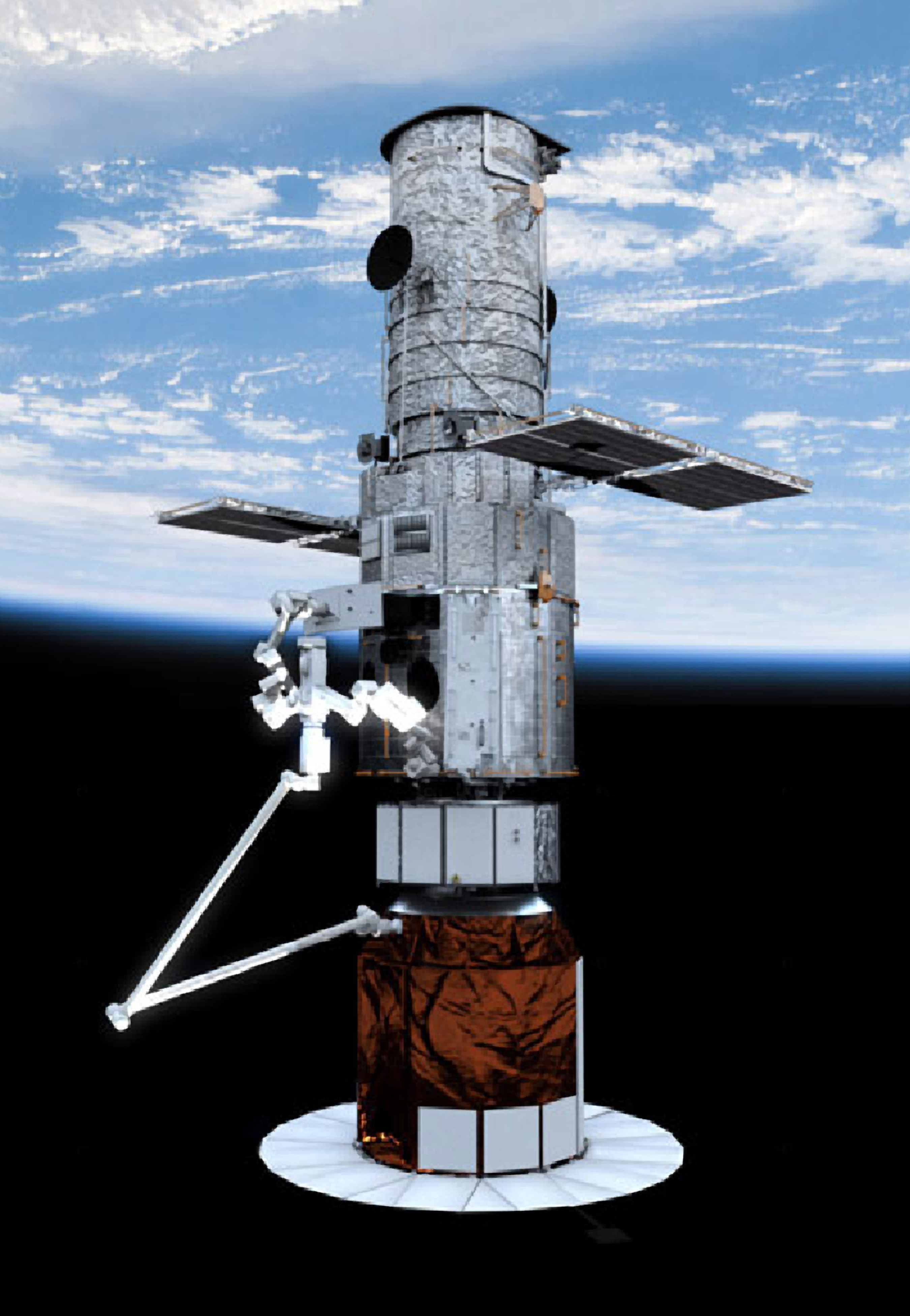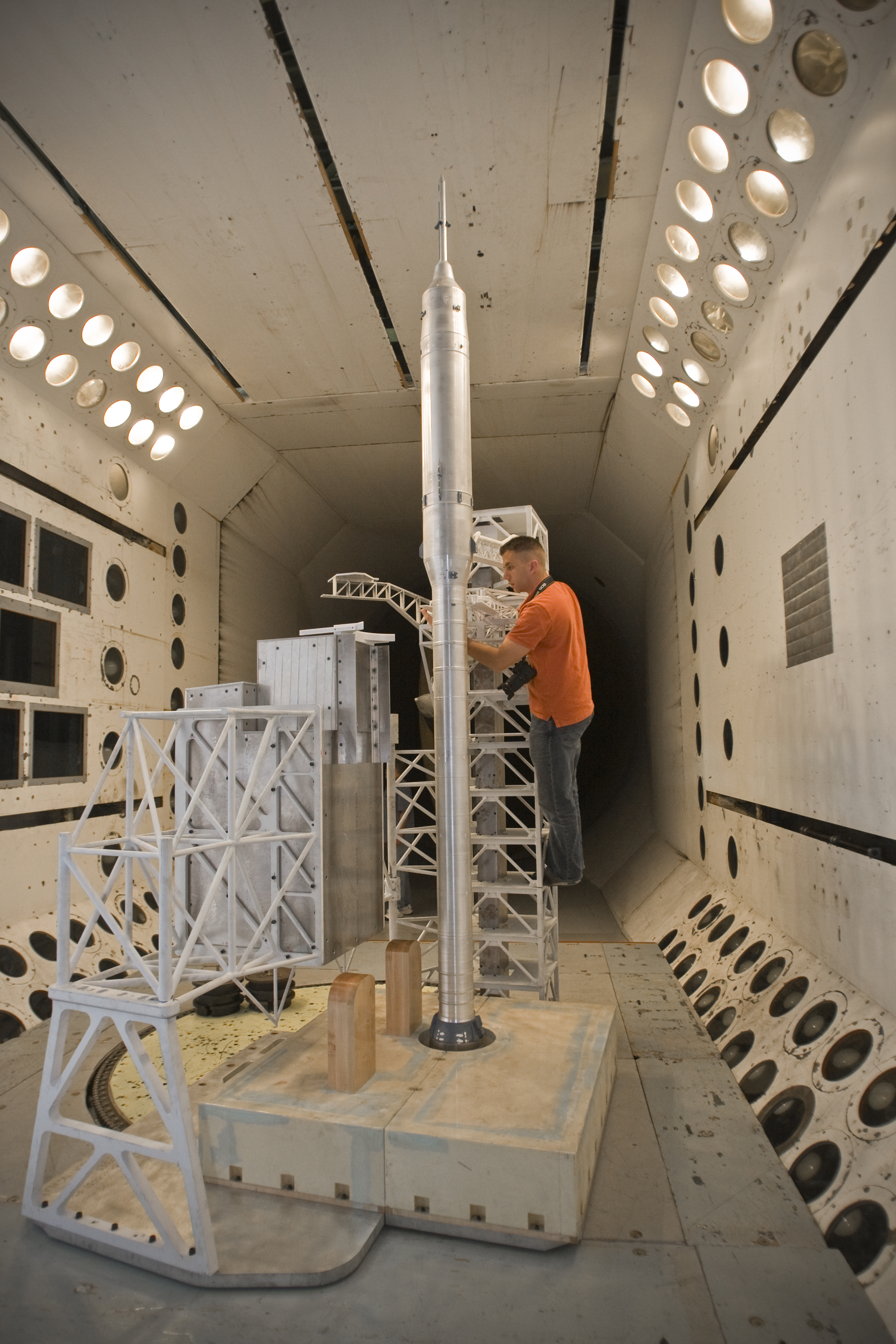By Laurence Prusak
Not long ago a few of us who work on this magazine were talking about creating some sort of knowledge map of a NASA program—perhaps Kepler or even Apollo.  We discussed trying to draw an easy-to-comprehend illustration of who contributed knowledge to the project and maybe even what and when they contributed. You get the picture. Well, you can’t get the actual picture. After some reflection, we realized just how large a task this would be and how difficult even to figure out where to draw the line, because one could quite easily make the case for including Isaac Newton, or Leibniz, or Einstein.
We discussed trying to draw an easy-to-comprehend illustration of who contributed knowledge to the project and maybe even what and when they contributed. You get the picture. Well, you can’t get the actual picture. After some reflection, we realized just how large a task this would be and how difficult even to figure out where to draw the line, because one could quite easily make the case for including Isaac Newton, or Leibniz, or Einstein.
Even if we limited our map to the actual time that the project was funded, we would face an uphill battle. So many do so much and their work depends on many others. Where do you start and stop?
Responding to someone who noted how much more we know than previous generations, the poet T.S. Eliot said, “Yes, but they are what we know.” This is as true for science and engineering as it is for more humanistic endeavors. So very much of what we know in 2009—some estimates go to more than 90 percent—is handed to us on a plate. Economic historian Joel Mokyr calls it a real “free lunch.”
As the present presses down on us with its constant demands, we all wish we knew more of this and that—that our lives and work would go so much more smoothly if only we knew more about chemistry or nuclear physics or some other subject. But stop and think for a minute about how much we do know that we didn’t have to figure out or research or travel for or spend years in a lab to acquire. All that knowledge is a bequest to us from all those in the near and distant past who worked on seemingly intractable topics in science and technology.
It is also salutary to think just how many unsung people actually contributed to inventions that we often attribute to lone geniuses. A new book by Gar Alperovitz and Lew Daly, Unjust Deserts, has some interesting things to say on this subject. For example, while almost everyone thinks of Alexander Graham Bell as the sole inventor of the telephone, there was another very viable claimant to that title. The work of an Italian immigrant named Antonio Meucci very likely preceded Bell’s, but Bell patented his invention first because Meucci had trouble coming up with the $10 patent fee. This “unknown” fact hasn’t been entirely unknown.
Many long years ago when I was in college, I sat waiting in a small park for a girlfriend who lived in an Italian neighborhood in Brooklyn, New York. There was a small statue in the park dedicated to Meucci stating that he was the true inventor of the telephone. I knew it wasn’t a joke, as the city had even named the park after him, but I was astounded that this very obscure man had beaten Bell to the phone and nobody but some New York Italians seemed to know it or teach it or even mention it. I couldn’t even find anyone then, in the pre-Google age, who could tell me much about this man and his invention.
I mention Meucci here to make the same point Alperovitz and Daly do. So many people do so much science and engineering that all achievements and inventions depend on, as Newton famously put it, “standing on the shoulders of giants.” It is only our very strong need in the United States to believe in individualism that makes some doubt the truth of this. It isn’t surprising that Bell and Meucci and yet another contender came up with the telephone at roughly the same time. That new technology was in the air because of all the other inventions and theories leading up to it that were known to these and no doubt other technicians. This is why Sputnik wasn’t such a big surprise to those working in the field. Or why Newton and Leibniz invented calculus at the same time, and Darwin and Wallace both came up with theories of evolution. Only our need to reward individuals constrains our understanding of how deeply social all major inventions and intellectual developments really are.
My goal here is not to take away any glory or diminish anyone’s achievements. It is only, in a time of transition and baton-passing at NASA, to ask us to take some time to think about how many brilliant men and women have contributed to our own achievements and how we all stand on the shoulders of all those who came before









